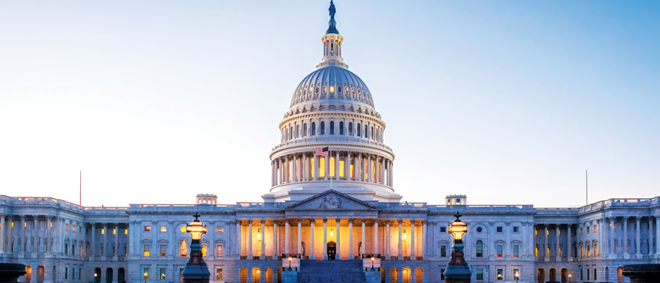As generative AI becomes an increasingly integral part of the modern economy, antitrust and consumer protection agencies continue to raise concerns about the technology’s potential to promote unfair methods of competition. Federal Trade Commission (“the FTC”) Chair Lina Khan recently warned on national news that “AI could be used to turbocharge fraud and scams” and the FTC is watching to ensure large companies do not use AI to “squash competition.”[1] The FTC has recently written numerous blogs on the subject,[2] signaling its intent to “use [the FTC’s] full range of tools to identify and address unfair methods of competition” that generative AI may create.[3] Similarly, Jonathan Kanter, head of the Antitrust Division at Department of Justice (“the DOJ”), said that the current model of AI “is inherently dependent on scale” and may “present a greater risk of having deep moats and barriers to entry.”[4] Kanter recently added that “there are all sorts of different ways to deploy machine learning technologies, and how it’s deployed can be different in the healthcare space, the energy space, the consumer tech space, the enterprise tech space,” and antitrust enforcers shouldn’t be so intimidated by artificial intelligence and machine learning technology that they stop enforcing the laws.[5]Continue Reading AI Under the Antitrust Microscope: Competition Enforcers Focusing on Generative AI from All Angles

